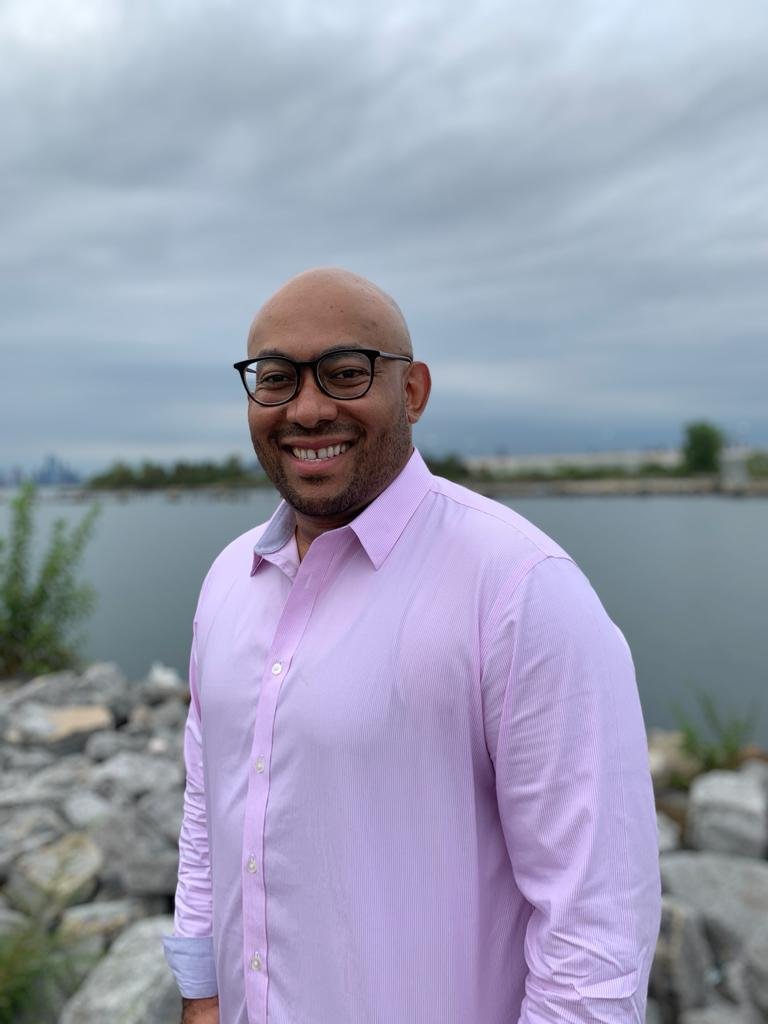AfroLatinidad & Pentecostalism
Originally published in the AETH Blog
“The correlation between being Black and being poor is where the Pentecostal movement has managed to sow a seed of hope and to become relevant in the lives of the people.” – Rev. Luis Barrios[1]
A few years ago while teaching a Bible Institute course on the History of the Christian Church, I mentioned to the class that many of the early converts to Pentecostalism, especially Puerto Rican Pentecostalism were Afro-Latino, and that the rise and growth of the Latino Pentecostal movement in the United States and Latin America would not be possible without Afro-Latino Pentecostals. The students were intrigued and wanted to learn more about it, since, as they had learned in the class, the Afro-Latinidad of Pentecostalism had never been mentioned.
The Blackness of the Latino/as who were integral to the growth and development of Pentecostalism, not only in the United States but throughout Latin America, has not traditionally been mentioned, but is important and I know the importance of this personally.
I was born in Bogotá, Colombia to my mother, Maria Ofelia Perea, currently the senior Pastor of Temple Pentecostal Emmanuel in Brooklyn, NY, and my late father Floresmiro Perea Rentería, a writer, pastor and lawyer from Chocó. My father’s lineage, where my connection to the African Diaspora comes from, is directly linked to Afro-Latino Pentecostals. It is a known family fact that my great-great Grandfather on my father’s side was a new convert to Pentecostalism in Mayagüez, Puerto Rico. It was there that he gained a fervor for the word and sought to spread the Gospel throughout the world. As he began his missionary journey, somehow he ended up in Chocó, Colombia, one of the regions in Colombia most clearly identified with Afro-Colombians (90% of Chocoanos are Black.) This is important because here he was a Black man from Puerto Rico reaching out to other Black people in Colombia. It was his fervor for the Gospel, but also his blackness that led him to Chocó and to decide to settle there and form a family.
I don’t know if my great-great grandfather was the first Pentecostal missionary in Colombia or even Chocó, or how successful his ministry actually was, but there is no doubt in my mind that his blackness is one of the reasons why he reached Chocó, converted a number of people and why I grew up as a Pentecostal in Colombia and then in Brooklyn. It was his blackness that made his message more palatable to other people who looked like him and who understood his lived experience as a Black man in the world.
Just like my great-great grandfather, there are many stories of Latino/as of African Descent who became early converts to Pentecostalism and helped its spread throughout the Americas. These stories are not usually highlighted but are important to our understanding of Pentecostalism because they help us see it as a movement that “has been a home to the people’s cultures and to marginalized groups”[2] and one such group has been Afro-Latino/as.
Many of the converts of two of the prominent figures, Juan Lugo and Francisco Olazabal, in the growth of Latino Pentecostalism, were Afro-Latino/as. Pentecostalism, whether in the US or Latin America, includes “proto-evangélico, Catholic, indigenous, and Afro-Latino strains.”[3] The evidence of Afro-Latinidad in Pentecostalism is present not only in the leadership and membership of Pentecostal churches today but also in the music and worship practices, which are oftentimes distinctly Afro-Caribbean. Understanding that this aspect of the tradition has connections to other African descendent spiritual practices, as has been mentioned by many researchers, doesn’t diminish this experience. It actually converts Pentecostalism into a space that continues to provide Black Latino/as with dignity, support and respite from a world that continues to problematize Black bodies and devalues the Black experience. To finish quoting Rev. Barrios, “Pentecostalism, like other African-descendant religions, dismantles the very inequality that devalues the bodily presence of Black people, who are then able to recapture not only power but also a sense of control over their own lives.”[4]
Understanding this will also help us combat the anti-Blackness that is, sadly, too often seen in Latino/a churches and the Latino/a community. Helping others realize and recognize that Afro-Latino/as have been a part of Pentecostal churches, and many other Latino/a Christian traditions from the beginning, ensures that we properly recognize the totality of the Latino/a multi-cultural experience and that the Latino/a church remains a space that nurtures the image of God.
____________________
[1] Juan Flores, Jimenez Miriam Roman, and Luis Barrios, “Reflections and Lived Experiences of Afro-Latin@ Religiosity,” in The Afro-Latin@ Reader: History and Culture in the United States (Durham, NC: Duke University Press, 2010), 255.
[2] Ibid, 259.
[3] Daniel Ramírez, Migrating Faith: Pentecostalism in the United States and Mexico in the Twentieth Century (NC: University of North Carolina Press, 2015), 11.
[4] Juan Flores, Jimenez Miriam Roman, and Luis Barrios, “Reflections and Lived Experiences of Afro-Latin@ Religiosity,” in The Afro-Latin@ Reader: History and Culture in the United States (Durham, NC: Duke University Press, 2010), 258
Guesnerth Josué Perea serves as Executive Director of the afrolatin@ forum, Co-Curator of the AfroLatine Theology Project, Co-Producer of the documentary "Faith in Blackness: An Exploration of AfroLatine Spirituality”, Co-Host of the podcast Majestad Prieta, and Associate Pastor at Metro Hope Church. His writings on AfroLatinidad have been part of various publications including Let Spirit Speak! Cultural Journeys through the African Diaspora, the Revista de Estudios Colombianos, and most recently Engaging Religion, a digital journal by Indiana University. Josué was once named by the newspaper amNewYork as one of five Colombians "making a mark" in New York City.


